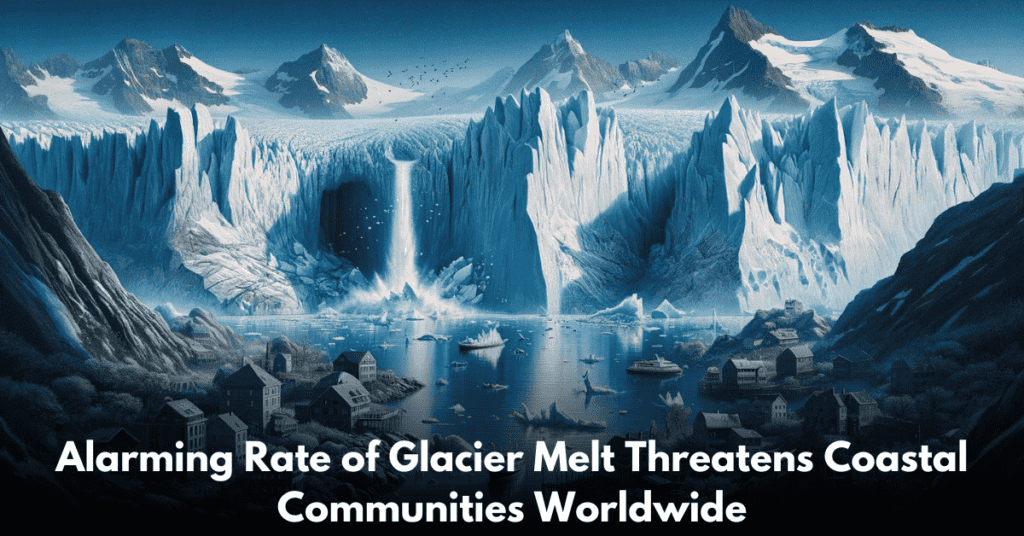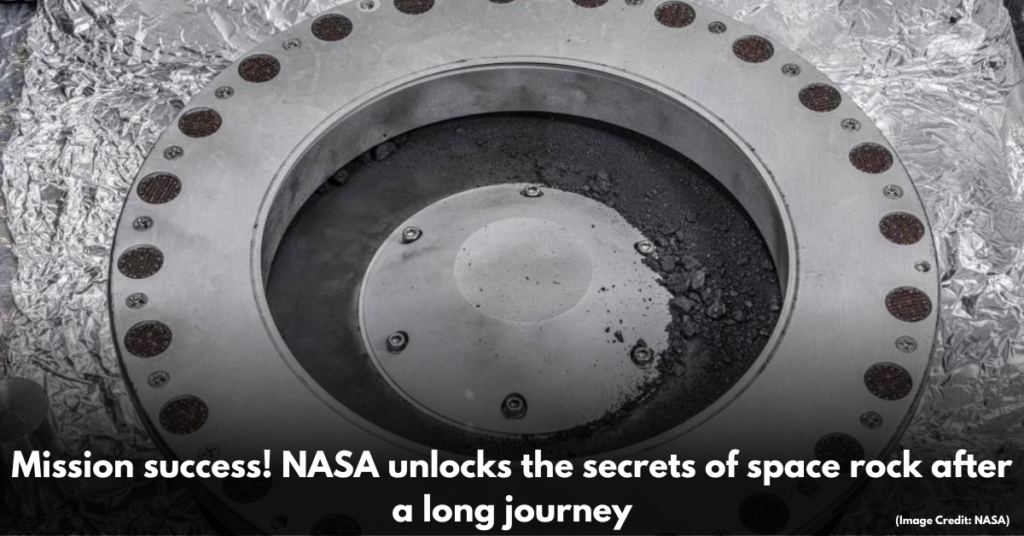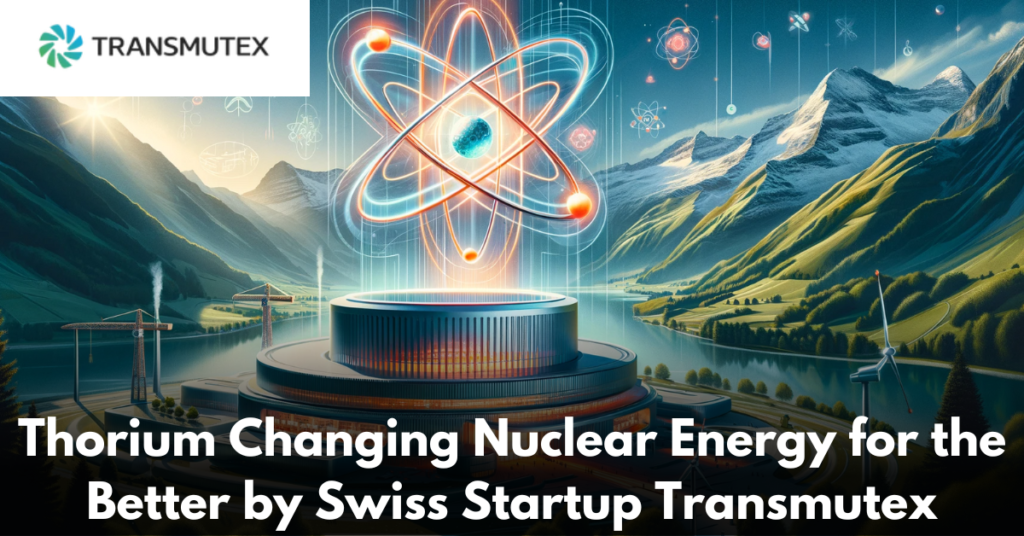Recent research studies have confirmed what many scientists already knew: glaciers are melting at a rate that has never been seen before, which is a major threat to coastal communities all over the world. This quick melting of ice could make rising sea levels worse, which could cause terrible floods and change the shape of coastlines.
Accelerated Melting Beats Predictions
The study, which was published in the prestigious journal Nature Geoscience, looked at information from an amazing 220,000 glaciers. It gave the most complete picture of ice loss around the world to date. The results show a worrying trend: glaciers are losing ice at a faster and faster rate, which has big effects on sea level rise. It was estimated that 227 gigatonnes of ice were lost every year between 2000 and 2004. This number, however, is very small compared to how fast things are happening now. Since 2015, an average of 298 gigatonnes have been lost every year. This huge rise suggests that earlier predictions about sea level rise may not have taken into account how much the melting glaciers will affect the water level. These mistakes could have bad results, since rising sea levels could flood coastal cities, damage infrastructure, and force millions of people to move. Scientists are now changing their predictions about how high the sea will rise because of this new information. What they find is very scary.
Focus on the Petermann Glacier
The Petermann Glacier in Greenland was the subject of a separate study. This huge glacier in the northwest is especially vulnerable to climate change because it is close to warm ocean currents. The study predicts that the amount of melting will rapidly increase from 10 feet per year on average in the 1990s to 30 feet per year in the 2020s. The fact that the melting from below is occurring more quickly and the melting on the surface is due to warmer air demonstrates how urgent it is to stop climate change.
Coastal Communities at Risk
The effects of glaciers melting faster are very bad. The Nature Geoscience study says that this event is responsible for more than 20% of the rise in sea level. Cities on the coast with lots of people are especially at risk. Rising sea levels could flood low-lying areas, forcing people to move and doing a huge amount of damage to the economy. Flooding can mix saltwater with freshwater sources, making it even harder to get clean drinking water. In low-lying coastal areas, important infrastructure like power plants and transportation networks is also at risk. Damaged infrastructure and communities being forced to move can have terrible effects on the economy.
The loss of glaciers is not just a problem along the coast. These huge ice sheets provide fresh water to millions of people further downstream. As glaciers melt, freshwater supplies for drinking, farming, and making hydroelectricity are put at risk. Changing weather patterns and ecosystems are other things that could happen when glaciers melt. Glaciers are very important for controlling the weather in many places around the world. The melting of glaciers can change the way air moves through the atmosphere, which can cause extreme heat waves, droughts, and floods that are hard to predict. When glaciers melt, they change the flow of water in rivers and streams, which hurts fish populations and other aquatic life. Because the climate system on Earth is so connected, the effects of glacier melting could spread to many areas and ecosystems.
Horrible Scenery in the Himalayas
A very bad picture is painted of the situation in the Hindu Kush Himalayan region. The World Wildlife Fund (WWF) says that between 2010 and 2019, glaciers in this area are melting 65% faster than they did in the previous 10 years. Experts warn of very bad effects that will happen all over the world, not just in the surrounding areas.
Scientists Call for Climate Change Reversal to Save Glaciers
Scientists are calling for action right away to stop climate change, which is melting glaciers. They think that cutting down on greenhouse gas emissions, especially those from burning fossil fuels, is the only way to slow down the melting process and lessen the effects of rising sea levels. They want stricter rules on emissions, a switch to renewable energy sources, and money to be spent on building infrastructure that can handle climate change. Scientists are constantly keeping an eye on things and making better predictions about how the sea level will rise. If we all work together, we might be able to slow down the melting of glaciers and stop the worst-case scenarios from happening.



